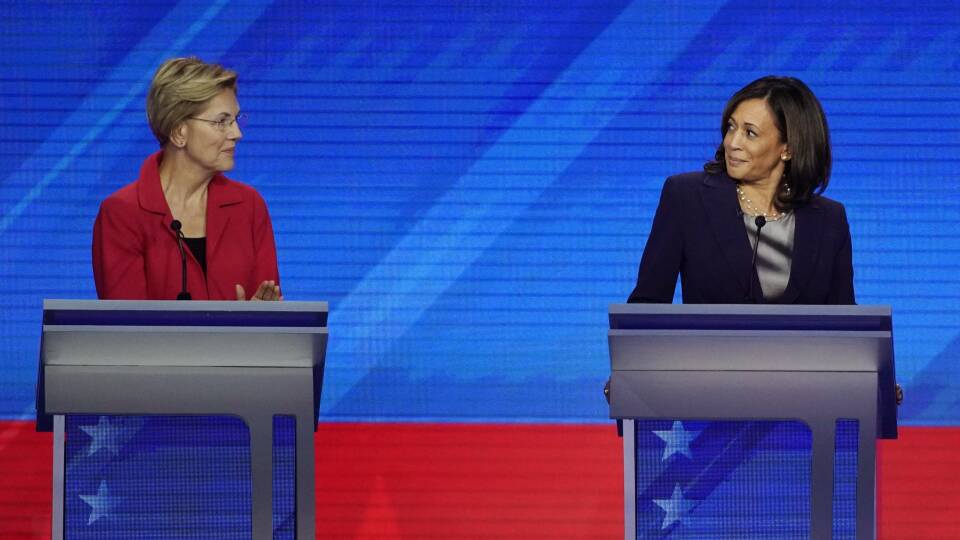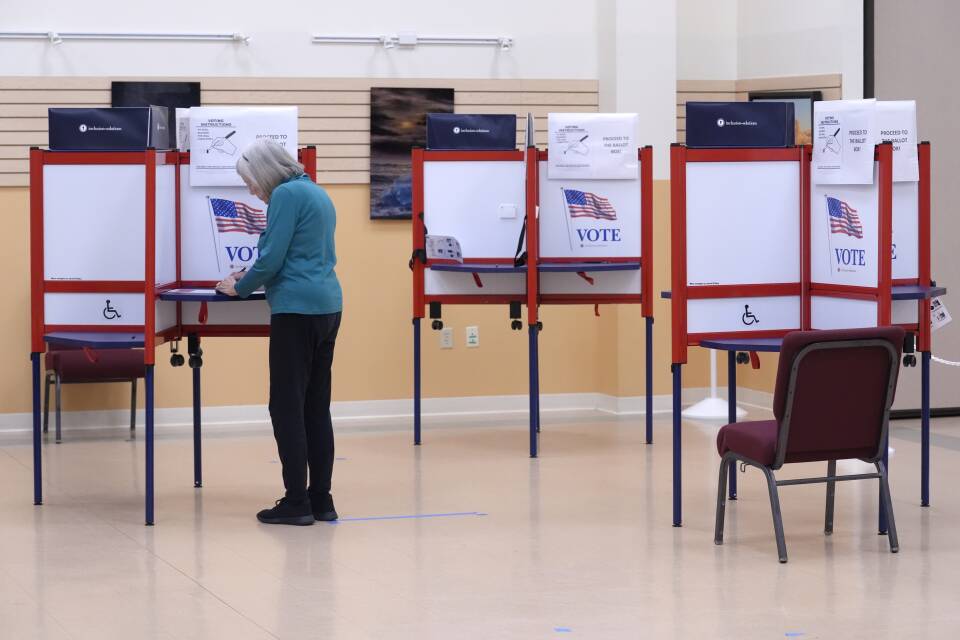Before John Deaton became a lawyer and cryptocurrency advocate, the Republican challenger to Sen. Elizabeth Warren first had to overcome generational poverty.
In his memoir “Food Stamp Warrior,” he describes the abuse and poverty he endured growing up in Detroit to a single mother with a sixth grade education. But Deaton did overcome it, working through high school and college, earning his degree at the New England School of Law and serving as a prosecutor for the Marine Corps.
“I realized I am the American dream. I’m the embodiment of it and everything that’s capable in a great country,” Deaton told Boston Public Radio on Wednesday.
But Deaton doesn’t credit welfare and food stamps as the reason for his success.
“Giving [people] an extra 50 bucks or 100 bucks in food stamps is not helping them. I want to lift them up,” Deaton said.
Fighting for the “little guy” is the basis of Deaton’s campaign to unseat Warren in the senate, although he did not share specific policies during his interview with Boston Public Radio.
This mindset, plus his experience as a lawyer representing mesothelioma and lung cancer victims against insurance companies and corporations, has led to some comparisons to his Democratic competitor. But he said their approaches are fundamentally different.
“[Warren]'s great at fighting against the wealthy and the rich. That is not the same as fighting for the poor and for working families,” he said.
Deaton described himself as a “fiscally conservative” Republican, who’s liberally moderate on social issues like abortion and same-sex marriage.
Deaton, a father to three girls and a self-described “pro-choice Republican” said he disagreed with the Supreme Court’s Dobbs ruling that overturned federal abortion protections.
“I’m incapable of supporting laws that are going to take the rights away from my daughters. That doesn’t mean I favor late-term abortions, unless there’s exceptions for fetal anomalies or life of the mother. But I am a pro-choice,” he said.
On gun control, Deaton said he supports Massachusetts laws “as it relates to the Second Amendment and guns.”
He also said he believes in climate change and a “multifaceted approach” to the energy transition that includes solar, wind, hydro and nuclear power. But he clarified he doesn’t believe in getting to carbon-zero by 2050 at the expense of “thousands of jobs with no plan, and then give…economic advantages to other global countries.”








